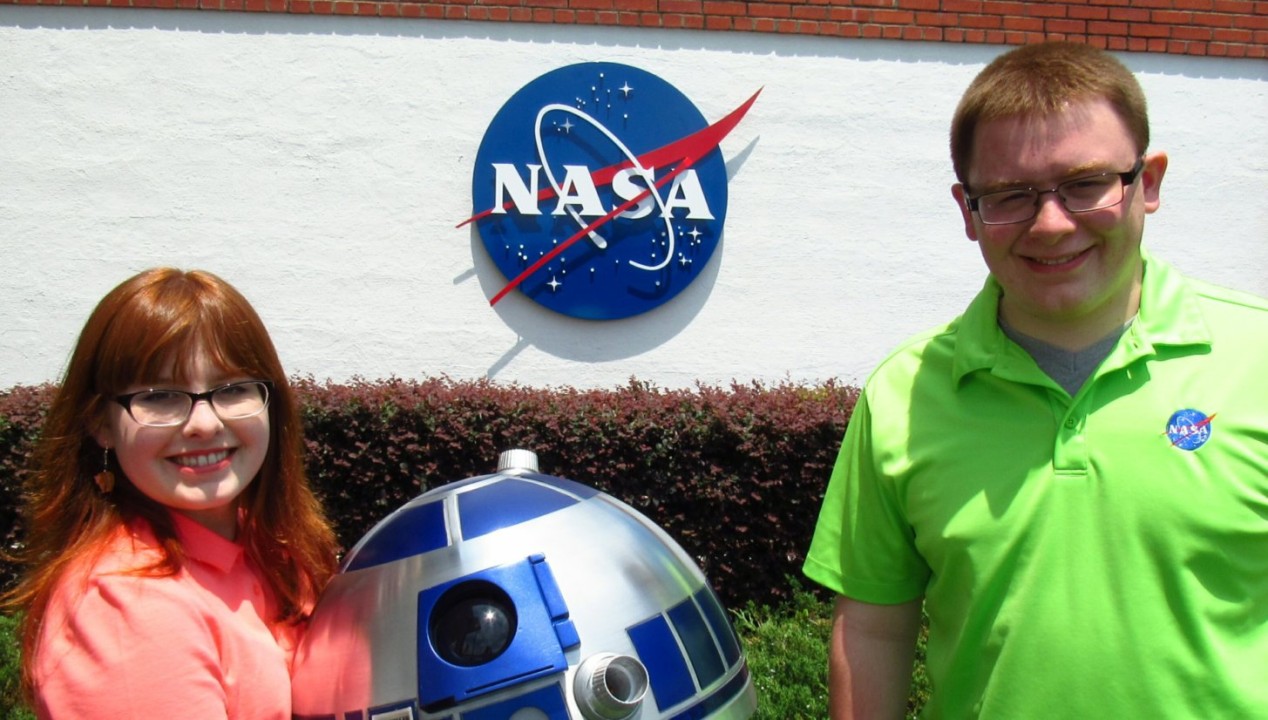Exploring space is exciting, but what many people do not understand is how the Mars and Lunar missions affect all of us. Many of our everyday and life-saving objects either arose from the space program or greatly improved because of it: camera phones, personal computers, the computer mouse, firefighting equipment, workout machines, solar cells, water filtration systems, Velcro, insulin pumps, scratch-resistant lenses, artificial limbs, air purifiers, and so much more.
You can thank my brother's programming genius for your daily weather forecast. He worked on the latest GOES satellite (a joint venture between NASA and NOAA) which is exceptionally accurate and generates volumes of data. If the forecast isn't always accurate in your area, I guarantee it's not due to a lack of data.
I worked on a different team, developing next-generation sensors, specialized computers, and algorithms which not only assist the rovers and probes in space, but they will also be instrumental in developing the next generation of everyday machines and vehicles. The system can detect objects, characterize their shape, calculate the relative distance and velocity, and determine its own motion relative to the ground or other objects, including speed, pitch, roll, and altitude. And this all happens at a rate that is 300% faster and more accurate than any comparable systems on the market.
Space exploration is not just about space. It is exceptionally important to every person's life. The jobs, products, and industries that the space program helps create impact nearly every aspect of your life, from the food supply to the device you're using right now to read this. NASA's value is truly immeasurable.
And yes, I took my R2-D2 to work with me, and he got to meet several of the directorates.

 RSS Feed
RSS Feed